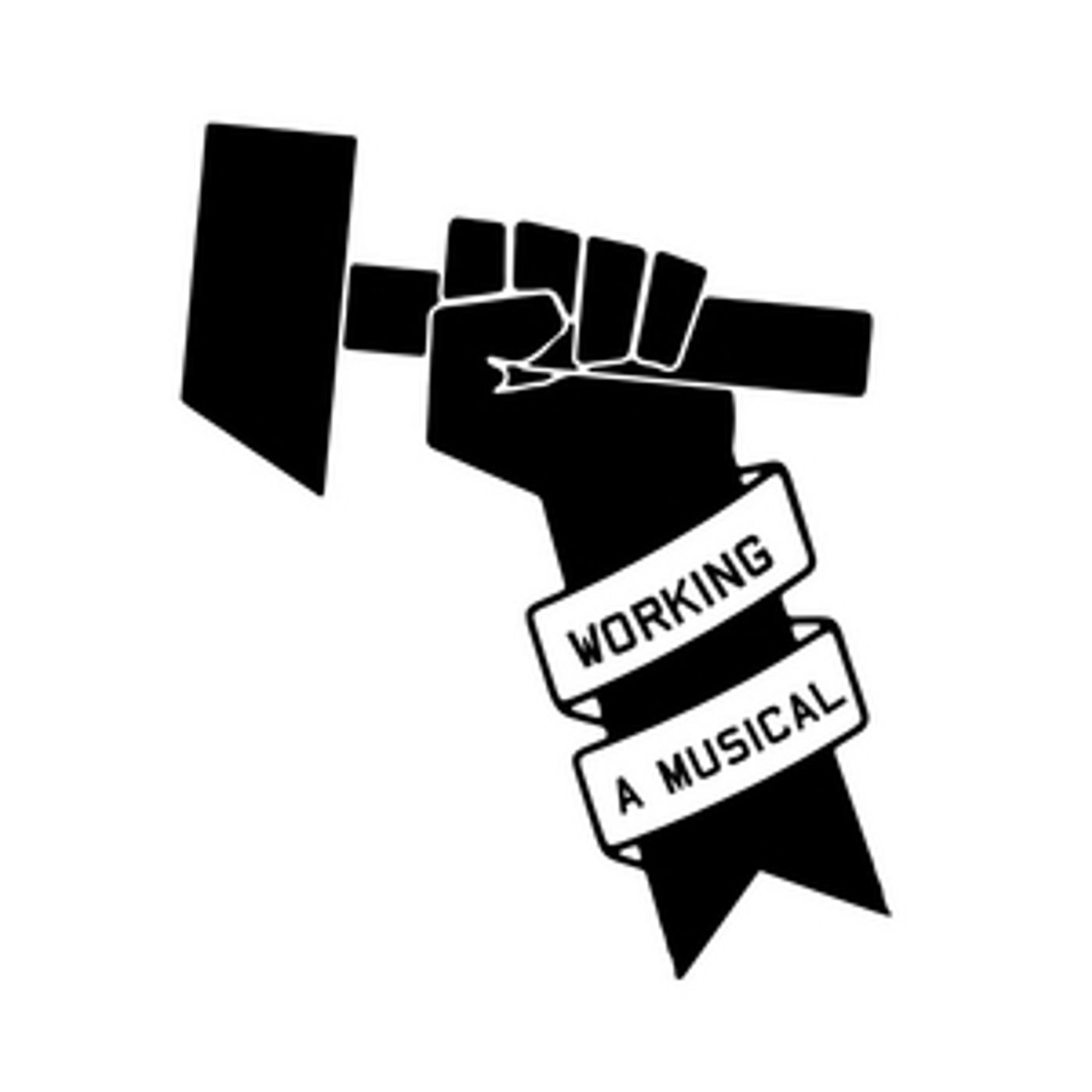Working in DC to Present WORKING, A MUSICAL and More This Labor Day
Tickets for the headline event are free, making the Working in DC commitment to total accessibility and radical hospitality a reality to audience members.

This Labor Day, Working in DC will host a public celebration of the dignity of work through the lens of history, labor, justice, and the arts. Presented in collaboration with The Labor Heritage Foundation and hosted by the AFL-CIO, the performances will take place outdoors on Black Lives Matter Plaza in Washington, DC. The headliner event of this 3 weekend-long celebration is Working, A Musical - a joyful musical highlighting workers in America - based on the acclaimed literature of Studs Terkel with music by some of Broadway's best known composers (Stephen Schwartz, Micki Grant, Lin-Manuel Miranda) .
In the aftermath of the COVID-19 pandemic, and last summer's racial reckoning, Americans were forced to take notice of the ways in which our country functioned, for better and for worse. Working class laborers became 'essential workers,' risking death to keep grocery stores open and supply chains moving, while a racial uprising woke the country up to the deep systemic racism still present in our everyday lives. Often, those risking their health to keep the country afloat were the same people also suffering under systemic oppression.
Now, with vaccines making the rounds and talk of returning to 'normal,'cultural producer, Shanara Gabrielle, has set out on a mission to not only honor those front line workers with this performance, but to make sure 'normal' does not include the inequality that is structurally inherent in a typical theatrical production. To produce the events surrounding Working in DC, which includes the musical production as well as a slew of community engagement programming, Gabrielle has put together a diverse team of arts leaders with the goal of dismantling the hierarchy of the traditional producing models. This team is over 50% non-white and rooted in an inclusive definition of artistic excellence.
To change the typical structure of theatre production, Gabrielle and her team are facilitating deep conversation, conducting extensive implicit bias and anti racism training, and creating consensus for core principles centered in social and racial justice. To ensure accountability for these principles, Working in DC has become the first official Allied with Broadway for Racial Justice (BFRJ) organization in the region, creating oversight and practices with BFRJ to deconstruct racism and create a new theatrical community.
Even team meetings signify the production's challenge to "business as usual." As a protocol, attendees are encouraged to share preferred pronouns as they are comfortable and recite a land acknowledgement. The team budget is also reflective of the values of the project, including caregiver support and childcare funds, a 5 day work week, as opposed to the traditional 6 day/week rehearsal schedule, and eliminating the grueling, but standard, 12 hour days during technical rehearsals. If all this sounds too idealistic, the group also does not shy away from conflict within their ranks, holding that the fear of it is actually a vestige of white supremacy and necessary to get over in order to have the needed conversations to move society forward.
In addition to the work they are doing internally, as part of the event, Working in DC has developed an educational and community initiative called Something to Point To, aimed at developing a deeper connection to worker identity and the dignity of work in the Washington DC community. Along with that, the group hopes to promote a clearer understanding of the history of the labor movement and its legacy today. As part of this initiative, Working in DC plans to provide teaching artists in DC public and charter schools, host panel conversations and oral history activations, and collect creative arts testimonies from students across the district to be showcased during the event. To do so, they will be partnering with multiple organizations in the area, including Teaching for Change, Humanities Truck, Workers' Rights Institute and Kalmanovitz Initiative for Working Poor among others.
The model for making all of this happen involves matching non-profit organizations with an arts and Culture Project. Working in DC produces without the burdens of hierarchical structure or even the confines of a building. The group uses the nonprofit partner as a fiscal sponsor, fundraising from a project-specific pool of donors.
"Our focus is on fostering new models for creating meaningful arts and culture experiences - finding ways to connect theatre to our communities, to the things we care about, and to remind us that theatre is not something staid and stuffy, but it is an action - or better yet, an interaction," says Artistic Producer, Gabrielle. "This means making work outside the traditional theater producing model: partnering with non-profit organizations to create theatre that furthers their missions and offers arts as a service to support their work, while centering professionalism, artistic excellence, and risk-taking art that prods us to consider things anew."
Tickets for the headline event are free, making the Working in DC commitment to total accessibility and radical hospitality a reality to audience members. While tickets are free, the Working in DC team is committed to shining a light on the true costs of making art in our community. The ticketing process will include a donation calculator, allowing audience members to make a contribution in line with their personal values and ability to pay during check out.
While all this is happening on a relatively small scale, Gabrielle and her team hope to provide a working model for other theatre companies moving forward.
"The pandemic has changed what we do and why we do it in the arts and as arts workers," says Gabrielle. "You either move forward and reinvent or you'll be rehashing old ideas.. What we hope to do is create a sustainable model that re-imagines the future of the arts in America."
Videos

